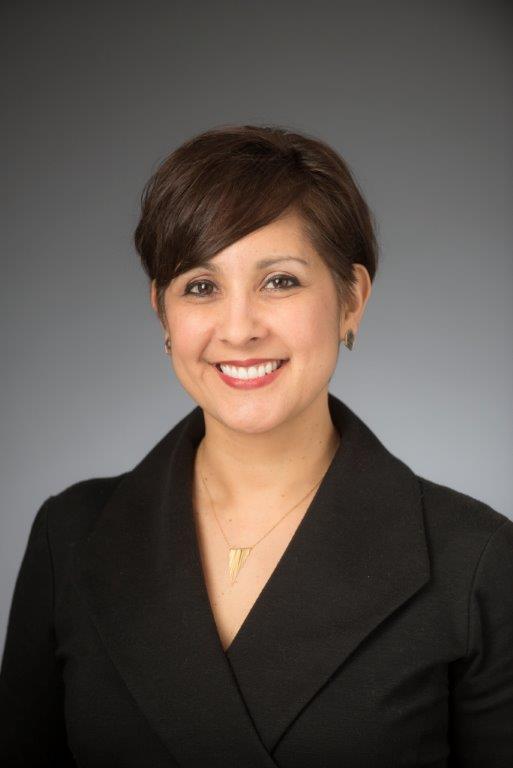 The health, safety and well-being of children is of primary concern for child care providers. As trusted professionals, child care providers often serve as a resource for new parents and families. One of the ways that child care providers can help ensure that children are healthy is to encourage that families follow the childhood immunization schedule. Receiving timely and age-appropriate vaccines protects infants, children, and teens from harmful diseases.
The health, safety and well-being of children is of primary concern for child care providers. As trusted professionals, child care providers often serve as a resource for new parents and families. One of the ways that child care providers can help ensure that children are healthy is to encourage that families follow the childhood immunization schedule. Receiving timely and age-appropriate vaccines protects infants, children, and teens from harmful diseases.
Thanks to advances in modern medicine and research, we are fortunate to live in a time where many diseases can be prevented simply by getting a vaccine. In young children, this is of the utmost importance as these diseases can be very serious and, in some cases, even deadly.
The Centers for Disease Control and Prevention’s (CDC) has a recommended childhood immunization schedule; this schedule identifies the vaccines that children need based upon their age. This schedule is developed by experts at the CDC, with recommendations from the Advisory Committee on Immunization Practices (ACIP) and input from both the American Academy of Pediatrics (AAP) and the American Academy of Family Physicians (AAFP).
Following the immunization schedule will protect children from 14 infectious diseases: chickenpox, diphtheria, flu, hepatitis A, hepatitis B, hib, measles, mumps, pneumococcal, rotavirus, rubella, tetanus, and whooping cough. Getting these vaccines not only protect the vaccinated children, but also protect others—including other children, families, and child care providers by helping stop the spread of disease. In a child care setting this is important, as we have recently seen outbreaks of whooping cough, measles, and chickenpox.
There is wide recognition about the benefits of vaccination for children, with 82 percent of Americans supporting vaccination of all healthy school children for measles, mumps, and rubella. Likewise, 77 percent of parents with children birth to age 4 say support the vaccination of healthy children, especially due to the health risk to others when children are not vaccinated, according to Pew Research.
Benefits of Immunizations

Vaccines also make our society healthier save a lot of money in health care costs. Immunization of children prevents 20 million cases of disease, saves nearly $70 billion in costs and saves 42,000 lives. A great example of the benefits of vaccination is highlighted in a recently published study in Pediatrics. The study examined data from the 2010-2014 flu season and found that flu vaccination reduced the risk of flu-associated death by 65 percent in healthy children and 51 percent in children with high-risk medical conditions.
Despite overwhelming support and demonstrated benefit, more than 2 million preschoolers have not received the recommended vaccinations. Sadly, an estimated 1,000 children and 45,000 adults die each year from diseases that could be prevented by vaccines. As a child care provider you have an opportunity to help change these statistics. As a trusted resource for parents, take time to discuss the importance of childhood immunization with the families you serve.
Immunization Key Points for Child Care Providers:
- Encourage families to follow the recommended vaccination schedule.
- Review your child care program’s policy on vaccination and children.
- Educate families on the importance of vaccines.
- Review your policies regarding reporting of notifiable disease outbreaks. Your state health department’s website should have a list of diseases that must be reported.
- Vaccines are not just for children - ensure that your staff are vaccinated as well, especially for pertussis, measles, and flu.
There are free CDC resources that can help increase awareness of the importance of immunization:
- Parents Guide to Immunizations
- Immunizations and Developmental Milestones Tracker
- Fact sheet “Infant Immunization FAQs”, which is available in English and Spanish
In short, ensuring children and healthy and safe is a vital part of a child care providers daily job. We hope you will take advantage of NIIW, April 22-29, 2017 and use this opportunity to discuss the importance of immunization with the families you serve. Ensuring children receive timely vaccines is an important step to protecting children, families, staff and your program from diseases and outbreaks.
Child Care Aware® of America is providing this information to raise awareness about the importance of safe and healthy children. This article should not be construed as medical or legal advice. Individual medical concerns or issues should be addressed by medical professionals.






